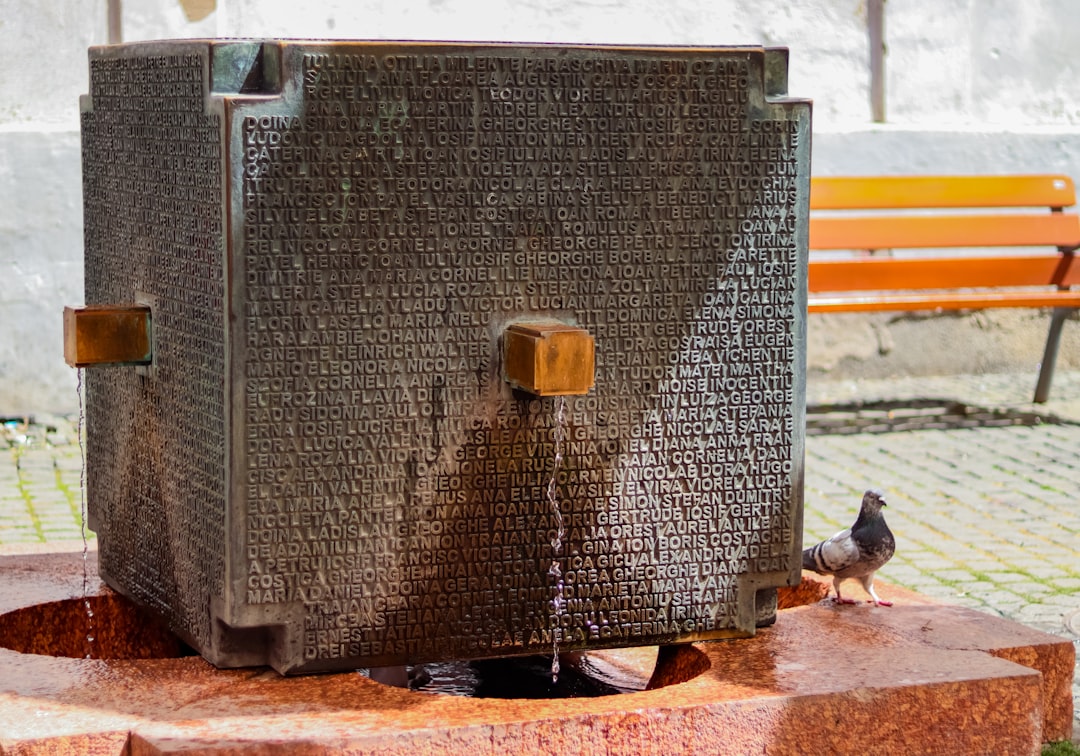
For construction trade professionals, accurately estimating the cost to replace a hot water heater is essential for project planning. Current replacement costs for a 40- to 50-gallon tank range from $700 to $2,300, while tankless systems can cost between $1,400 and $3,900. These figures are based on recent data from the Northeast region.
Trade professionals need to understand the cost breakdown. A typical 40- to 50-gallon tank replacement costs between $700 and $2,300, while tankless systems range from $1,400 to $3,900. These prices reflect recent industry trends and material costs.
• Gas water heaters have a higher initial cost, approximately $150 to $450 more, but offer lower operating costs in areas with natural gas availability.
• Electric models are quicker to install, saving about an hour of labor, but may increase monthly utility expenses.
• Standard tanks are cost-effective for quick replacements, ideal for budget-conscious projects.
• Tankless systems require additional infrastructure but offer space savings and continuous hot water, appealing for long-term installations.
1. Capacity: Increasing capacity from 40 to 50 gallons adds about $150 in materials and additional labor time.
2. Location: Difficult access, such as basements with tight stairs, may require extra labor, adding $150 to $450.
3. Code Upgrades: Compliance with local codes, such as adding expansion tanks, can add $25 to $300.
4. Fuel Conversions: Switching fuel types involves additional costs, ranging from $500 to $1,000.
5. Disposal Fees: Proper disposal of old units averages $50 to $150, subject to market rates.
Traditional estimating methods can be time-consuming. CountBricks offers a streamlined process using AI and live data to provide quick, accurate estimates. This approach reduces the time from consultation to installation, enhancing efficiency for trade professionals.
1. Schedule a consultation at CountBricks.com.
2. Conduct a virtual walkthrough to gather necessary data.
3. Choose fuel type and system specifications.
4. Receive a detailed estimate within minutes.
5. Approve the estimate and schedule installation.
• Schedule installations midweek to take advantage of supplier discounts.
• Combine projects to reduce overall costs.
• Consider energy-efficient models for long-term savings.
Signs such as frequent failures or units over 10 years old often indicate replacement is more cost-effective than repair. If repair costs exceed 50% of a new unit, replacement is recommended.
Understanding the cost to replace a hot water heater is essential for trade professionals. CountBricks provides transparent, data-driven estimates to streamline the process and ensure budget accuracy. For more information, visit CountBricks.com.

In February, a Buffalo homeowner faced a flooded basement due to a failed heater. Traditional quotes were around $2,500 with a two-day wait. CountBricks provided a solution within hours.
1. A live walkthrough identified the existing system and requirements.
2. Supplier data provided a discounted replacement cost of $789.
3. A detailed estimate was delivered within minutes, totaling $1,865.42.
4. Installation was completed the same day, restoring hot water quickly.
• Real-time data reduced costs by avoiding unnecessary markups.
• Efficient labor allocation saved time and resources.
• Transparent pricing built trust and ensured satisfaction.
For reliable, efficient service, visit CountBricks.com.